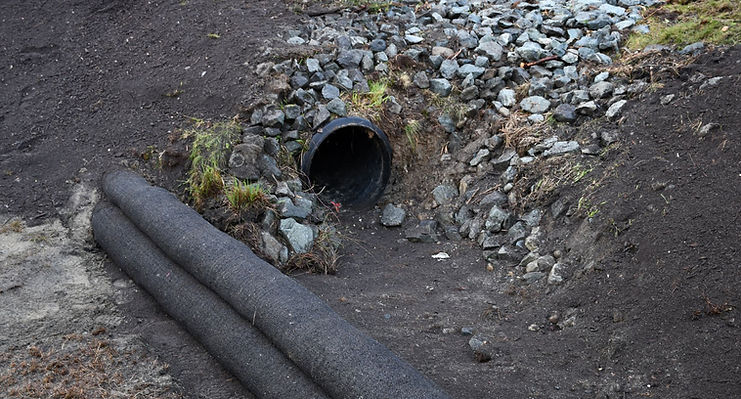
Stormwater Source Control

Stormwater Concerns
Studies by Washington State University and others have shown that Vehicle Impacted Stormwater (VIS) has immediate negative impacts on our aquatic environment, as this heavily polluted water works its way into our surface water. Once it enters our waterways, it can devastate aquatic life with both developmental and lethal effects.
Researchers at WSU’s Stormwater Center have shown that running this stormwater through certain types of compost-based filtration media reverses these toxic effects, reducing the developmental impacts and ultimately eliminating the lethal impacts on our local salmon population.
As this research progresses, VIS Systems and Cedar Grove Composting have been working alongside municipal and tribal stakeholders to find new and creative ways to implement compost-based filtration in areas most affected by vehicle-impacted stormwater.
This includes the City of Bellevue's BURito project (VIS Systems® Sock) which is a compost sock filtration application to laterally filter stormwater as it enters and exits retention ponds. This application can also be used in ditches along roadways as a cost-effective way to filter all stormwater before it has a chance to reach the surface waters of the Pacific Northwest and beyond.
As we collectively learn more about our negative impacts on the environment, we need to continue to find creative ways to eliminate or reverse them.
If you’ve made it to here, you’re one step away from taking a giant leap in our efforts to combat Vehicle-Impacted Stormwater. VIS Systems and Cedar Grove offer design and installation services for the entire line of VIS Systems® products. For more information, please contact:
Chris Cunningham / chrisc@cgcompost.com / 206-437-5700



We look forward to working with you to minimize the impacts our vehicles leave behind with mile that is driven!